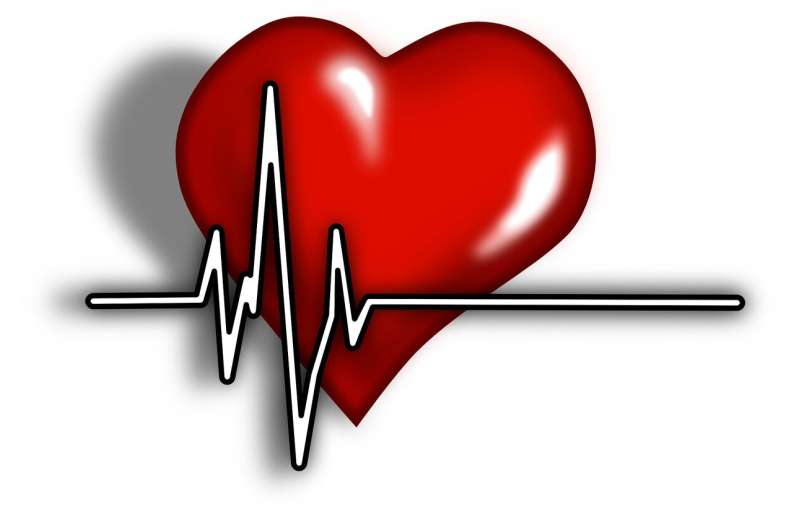Link Between Gut Microbiome Imbalance and Chronic Sickle Cell Pain

New research reveals that imbalance in the gut microbiome, particularly involving Akkermansia muciniphila, may drive chronic pain in sickle cell disease. Microbiome-based therapies could offer a promising and affordable treatment option.
Recent research conducted by scientists and students at The University of Texas at Dallas has uncovered a significant connection between chronic pain in sickle cell disease (SCD) and the bacteria present in the gastrointestinal (GI) tract. The study focused on specific gut bacteria, particularly Akkermansia muciniphila, which is usually found in healthy individuals but tends to be less prevalent in those with sickle cell disease.
The team used mouse models and human tissue to explore this link. They found that transplanting fecal bacteria from healthy mice into sickle cell mice notably alleviated their chronic pain symptoms. This discovery suggests that the contents of the gut microbiome may influence pain levels in SCD patients.
Dr. Katelyn Sadler, an assistant professor of neuroscience, explained that the microbiome’s composition could activate nerve endings in the gut, which send signals to the brain and spinal cord, resulting in increased sensitivity or central sensitization. Notably, supplementing with Akkermansia muciniphila, which produces beneficial short-chain fatty acids, nearly reversed the mice’s chronic pain. Interestingly, transferring gut bacteria from sickle cell mice to healthy mice transferred pain symptoms, underscoring the microbiome’s role.
Sickle cell disease is a genetic disorder where red blood cells become abnormally shaped and rigid. This causes episodes of acute pain due to blood flow obstruction. However, about half of those with SCD also suffer from persistent, chronic pain, which remains difficult to manage. The usual causes of the chronic pain are not entirely understood, but this research highlights the potential role of the gut microbiome.
The findings open up new possibilities for treatment. Researchers suggest that probiotics like Akkermansia muciniphila could serve as a relatively inexpensive therapy for reducing chronic pain in SCD. Since the human gut microbiome is dynamic and affected by factors such as diet, age, medications, and environment, probiotics might need to be customized over time.
The study’s lead author, Dr. Amanda Brandow, emphasizes the importance of developing new therapies, especially since current options like gene therapy are costly and can have significant side effects. The research paves the way for clinical trials using probiotics or fecal microbiota transplantation as novel approaches to managing chronic sickle cell pain, offering hope for improved quality of life.
This innovative work underscores the broader impact of gut health on systemic conditions and suggests that microbiome modulation could be a valuable avenue in chronic pain management. The research was published in the journal Cell Host & Microbe and highlights the potential of microbiome-based therapies in addressing complex, long-standing health issues.
Stay Updated with Mia's Feed
Get the latest health & wellness insights delivered straight to your inbox.
Related Articles
Innovative One-Hour HPV Test Promises to Revolutionize Cervical Cancer Screening in Low-Resource Settings
A new, affordable HPV testing method can deliver results in under an hour, enabling rapid, point-of-care cervical cancer screening especially in low-resource settings, potentially saving countless lives.
Rising Health Insurance Premiums May Heighten Financial Concerns for Americans
Health insurance premiums are surging beyond inflation, threatening to strain American finances and reduce coverage options in the coming years. Learn more about the impending hikes and their implications.
Link Between Urinary Metal Levels and Increased Heart Failure Risk
New research links elevated urinary metal levels to a higher risk of heart failure, highlighting the importance of reducing environmental metal exposure for cardiovascular health.



